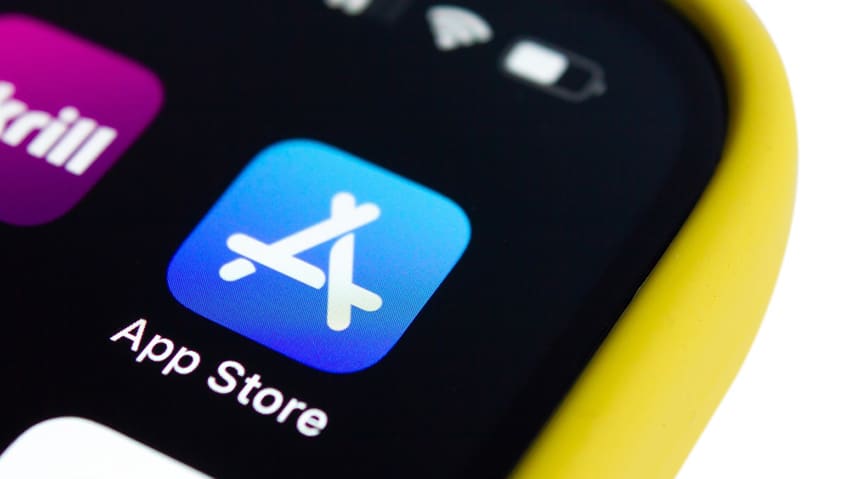Apple Inc. has faced a significant setback in a UK competition case. The Competition Appeal Tribunal (CAT) declared that the corporation had exploited its dominant stature in the digital app market, resulting in overcharging millions of iPhone and iPad users for apps and in-app purchases.
The lawsuit was brought forward by Dr Rachael Kent, a senior lecturer at King’s College London, representing nearly 36 million UK consumers and businesses. The tribunal found that Apple’s practices led to unjust and excessive pricing over a decade, violating competition law.
Dr Kent’s case marks a pivotal legal turning point as the first successful collective action of its type under the UK’s consumer competition framework — and also establishes her as the first female Class Representative in a UK collective claim.
The tribunal ruled that Apple’s ‘exclusionary practices’ and ‘excessive and unfair fees’ for App Store purchases and subscriptions were in violation of competition laws. The decision means that anyone who has bought paid apps, digital subscriptions, or in-app content through the Apple App Store since 1 October 2015 could be eligible for compensation. The total payout could amount to as much as £1.5 billion.
The tribunal’s judgement emphasised that Apple’s restrictions ‘cannot sensibly be justified as being necessary or proportionate’. It concluded that greater competition would yield better value and choice for consumers. However, the ruling applies exclusively to digital goods and services, such as games, music, and streaming apps, and does not include physical transactions like those made through Uber or Deliveroo.
Apple, however, expressed strong disagreement with the tribunal’s findings and affirmed plans to appeal the decision. The tech giant maintains that its App Store system ‘ensures a secure and trustworthy marketplace for users and developers alike’.
This case contributes to a series of global antitrust challenges faced by the Cupertino-based firm, which has been scrutinised in both the EU and the US over similar allegations of anti-competitive behaviour related to its App Store model.
Following the ruling, millions of iPhone and iPad users are now eligible to join the compensation claim. Anyone in the UK who made paid purchases through the App Store since October 2015 can verify their eligibility and app purchase history via their Apple ID account settings.
Legal authorities suggest that the judgement could have broad implications for digital platform accountability in the UK, potentially setting the stage for further consumer class actions against major tech firms.
Dr Kent hailed the decision as a ‘landmark victory’, not only for App Store users but for anyone who has ever felt powerless against a global tech behemoth. She stated that Apple has been unlawfully overcharging users for over ten years, with those inflated fees amounting to billions for the world’s wealthiest company and reduced choice and innovation for everyone else.
She further added that the decision proves the effectiveness of the UK’s collective action regime in ’empowering ordinary people and small businesses to hold even the most powerful corporations to account.’


